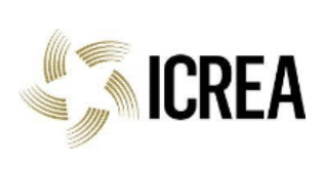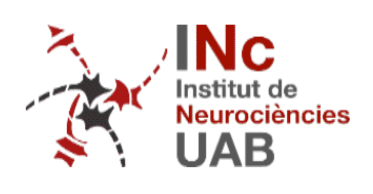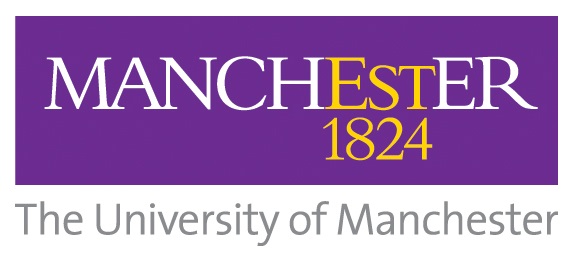ACS Nano, 2020, 14 (8), 10168-10186
Splenic capture and in vivo intracellular biodegradation of biological-grade graphene oxide sheets
Carbon nanomaterials, including 2D graphene-based materials (GBM) have shown promising applicability to drug delivery, tissue engineering, diagnostics and various other biomedical areas. However, to exploit the benefits of these materials in some of the areas mentioned, it is necessary to understand their possible toxicological implications and long-term fate in vivo. We previously demonstrated that following intravenous administration, 2D graphene oxide (GO) nanosheets were largely excreted via the kidneys, however, a small but significant portion of the material was sequestered in the spleen. Herein, we interrogate the potential consequences of this accumulation and the fate of the spleen-residing GO over a period of nine months. We show that our thoroughly characterized GO materials are not associated with any detectable pathological consequences in the spleen. Using confocal Raman mapping of tissue sections, we determine the sub-organ biodistribution of GO at various time points after administration. The cells largely responsible for taking up the material are confirmed using immunohistochemistry coupled with Raman spectroscopy, and transmission electron microscopy (TEM). This combination of techniques identified cells of the splenic marginal zone as the main site of GO bioaccumulation. In addition, through analyses using both bright-field TEM coupled with electron diffraction, and Raman spectroscopy, we reveal direct evidence of in vivo intracellular biodegradation of GO sheets with ultrastructural precision. This work offers critical information about biological processing and degradation of thin GO sheets by normal mammalian tissue, indicating that further development and exploitation of GO in biomedicine would be possible.








